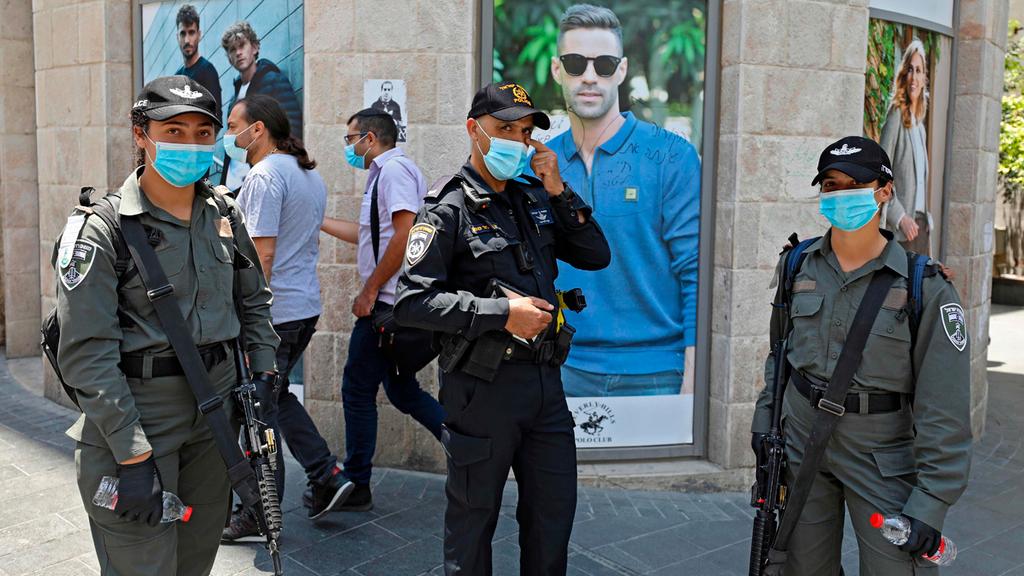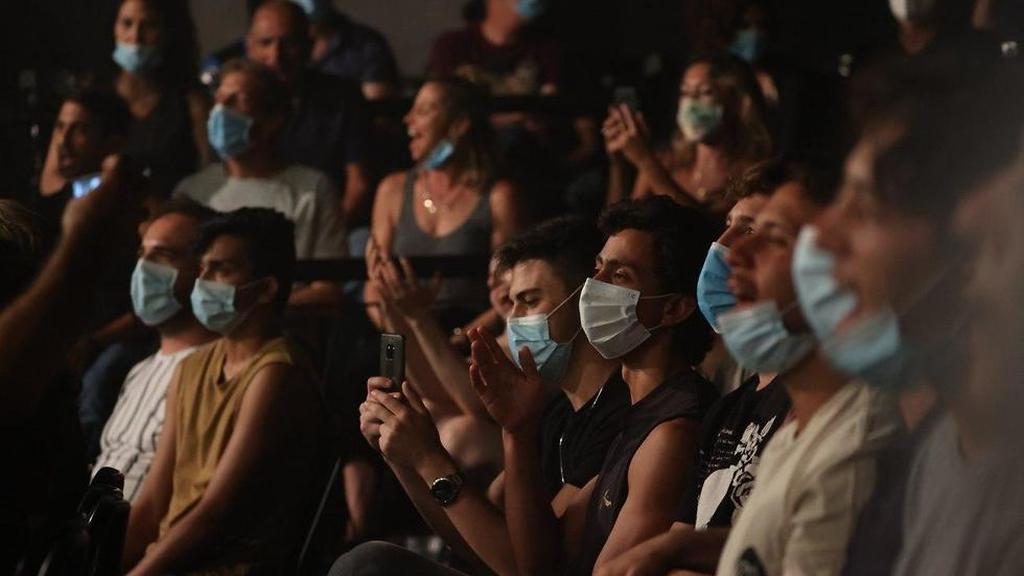Four stories, three insights, and two conclusions. And let us begin with stories from the humdrum of the epidemic.
I. Five days ago, G., a soldier serving in one of the IDF's more sensitive units, went into isolation of his own volition after a friend of his told him he had tested positive for the coronavirus.
Just before isolating himself, G. got himself tested. As of Wednesday night, he had yet to receive an answer regarding his test.
"Do you have symptoms, are you asymptomatic, or are you just sitting alone in the dark?" his aunt asked him.
"Just sitting alone in the dark," answered G.
And with that and a pile of schnitzels, A. went to visit her nephew.
II. For the last three years, P. has participated in a Pilates class - although she admits that "participated" may be stretching it a bit.
Recently she attended two Pilates lessons, both absolutely packed with students, "including those who made me look like a star pupil."
The class members were attending after the gym vowed to remain open as usual, despite regulations stating it must shut down and cease all activity due to the coronavirus.
Outside the gym stood two police officers, waiting.
"What are you doing here?" asked P. "Are you done beating up kids and screaming at little girls without a mask?"
III. A day after regulations went into effect restricting wedding parties to no more than 250 guests (today the limit is 30 or 50, no one really knows), D.'s nephew got married.
Indeed, there were 250 guests, yet D. counted only 10 people wearing masks. Social distancing was out of the question and the happy parents were greeting everyone with hugs and kisses.
And in case anyone is assuming this happened in an ultra-Orthodox community, it happened in the middle of Tel Aviv, Israel's enlightened cultural hub.
IV. Before new regulations effectively shut it down, the Israel Philharmonic Orchestra performed in the Tel Aviv Auditorium.
Everyone present was wearing a mask (save for those in the woodwind section of course) and every second row remained empty, with at least one empty chair between each couple on the same row.
So what do all these stories have in common?
1. Five months after the epidemic broke out, mayhem reigns supreme. Instead of regulations that focus on places where the risk is highest, the people of Israel find themselves faced with sweeping new regulations on a daily basis.
II. People who have been tested for the virus are not getting an answer and the regulations are being enforced in a random and frankly dimwitted manner.
III. The public has lost its trust in the country's decision makers, which has given rise to a kind of new passive-aggressive protest. This is an inevitable consequence of the government's conduct during the crisis.
The government promised to fight the coronavirus epidemic, and is instead investing millions in keeping the coalition together.
The only consistent thing about this government is its determination to make absurd appointments.
This is a government that made Israel Katz the finance minister, while asking Likud MK Nir Barkat to draft an economic plan.
The same government ostracized Yamina leader Naftali Bennett, and appointed Yuli Edelstein as health minister instead.
The same government promised NIS 100 billion to help rebuild the economy, and just months later has handed out less than half of the promised stipends. And it is safe to assume the rest of the funds will fail to materialize thanks to the endless bureaucracy that this government has so successfully cultivated.
This is the government that boasted of its skill in handling the virus, and then guided Israel to the second-highest daily infection rate in the world.
6 View gallery


Israel's tourism industry workers protesting the government's conduct during the epidemic
(Photo: Amit Shabi)
So, what can we learn from this?
I. Zero trust means zero legitimacy, and zero legitimacy means zero authority. It was foolish of the government to assume that deploying the police would help stop the infection from spreading.
II. Given the lack of understanding of the virus, the professional disagreements and especially the external considerations that sway all decision-makers, Israel is in for some exceedingly dark days, regardless of how accurate the number of patients and how many will eventually die.






